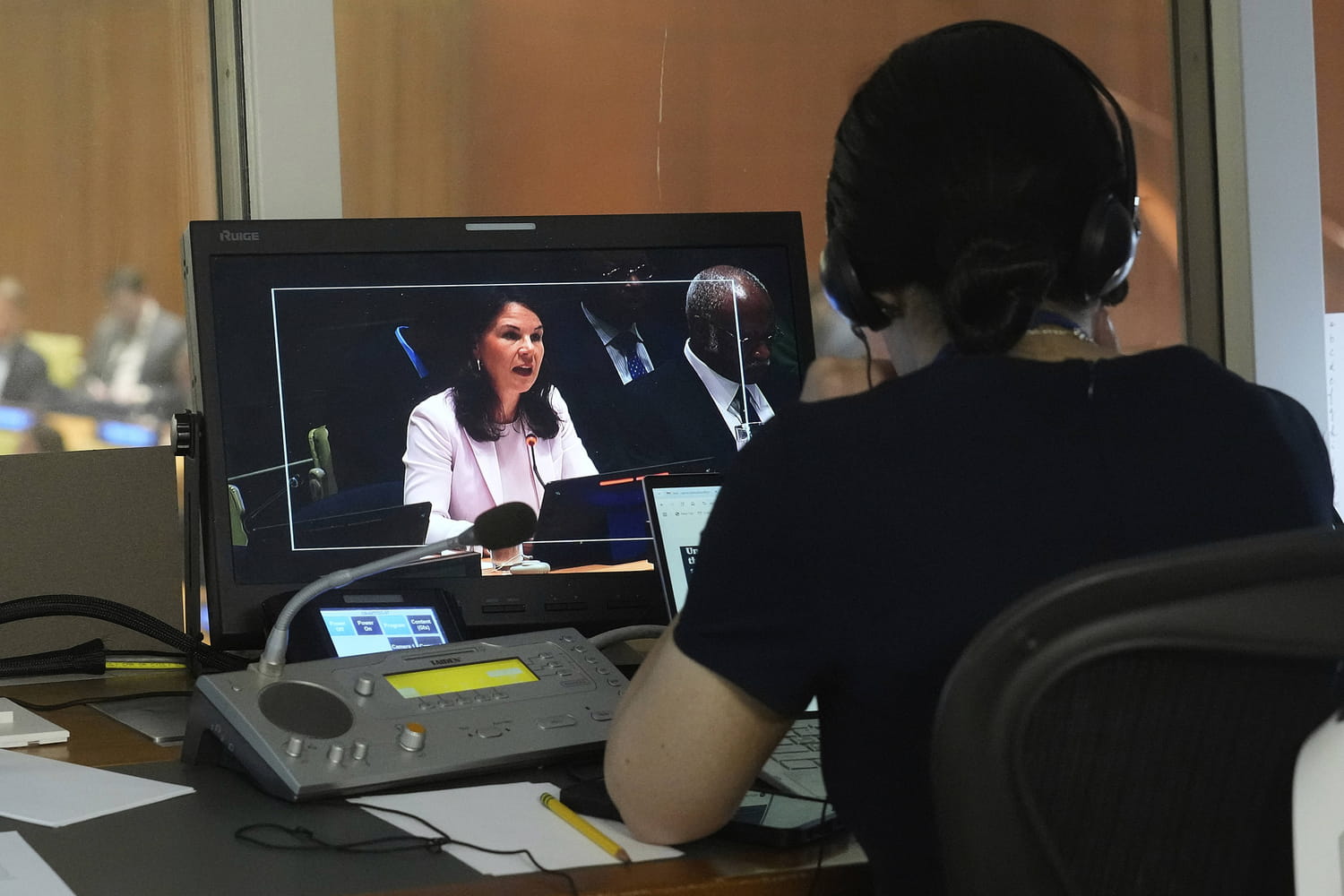He ticks all the boxes of “solid profession”: qualified, technical, valued. And yet, according to experts, it is the one most likely to be swallowed by artificial intelligence.
There are plenty of reports on AI. The latest, from Microsoft, is based on 200,000 real conversations between workers and Copilot, the company’s AI assistant, to draw up a very current inventory: certain tasks, certain professions, certain skills are already very compatible with the capabilities of artificial intelligence. Enough to cause cold sweats in several sectors.
In the lines of the report, one observation emerges: so-called “knowledge” jobs are those which are at the top of the list. Not delivery people or workers, but qualified profiles, those who are often associated with a certain professional stability. We find teachers, authors, journalists, historians, salespeople, analysts, proofreaders. In short, anyone whose work relies on language, research, writing or analysis. The famous “white collars”, the CSP+.
However, the authors of the study tone it down. Kiran Tomlinson, researcher at Microsoft and lead author of the report, insists: “Our study explores job categories that can productively use AI chatbots; it does not provide evidence that AI can replace jobs.” What AI is doing, for now, is biting off certain pieces of human work, not the entire job. She knows how to write an email, summarize a text, generate a report, translate instructions. But can she manage a project, make a delicate decision, understand something unsaid or improvise a solution in the face of an unforeseen event? Not yet.
This is what worries part of the professional world. Because even if the report does not foresee an imminent disappearance of the jobs concerned, companies are already seeing where they can save. And some take action. Challenger, Gray & Christmas, a US firm specializing in social plans, reports that more than 10,000 jobs have been eliminated this year in the United States due to the adoption of generative AI technologies. Officially. Behind the scenes, the figure could be much higher. And among the most threatened professions, one profession in particular stands out: interpreter/translator.
According to Microsoft, this is the profession most at risk of overlap with current AI capabilities. Where other tasks are only partially affected, those of this profession would already be largely achievable by tools like Copilot or ChatGPT. To be continued.


